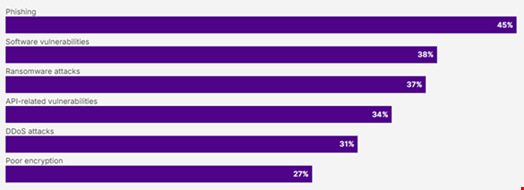Security professionals are overwhelmingly positive about GenAI’s impact on cybersecurity, despite the technology making cyber-attacks more dangerous.
This is according to Ivanti’s Generative AI and Cybersecurity: Risk and Reward report, published on December 3.
The report found that security professionals are eight-times more likely to say gen AI is a net positive versus a net negative for cybersecurity.
Overall, 46% of respondents viewed GenAI as a net positive for cybersecurity, while 44% were neutral. Just 6% see the technology as a net negative for cybersecurity.
In addition, 90% of security professionals believe gen AI benefits security teams as much or more than threat actors, while 85% said these tools will highly or moderately improve their productivity at work.
Read now: CISO Confidence in AI Security Grows as GenAI Adoption Rises
GenAI has a number of potential applications in cybersecurity, from improving efficiency of tasks to creating secure code.
Ivanti noted that the use of GenAI in security teams is especially important given the cyber skills workforce shortage, estimated by ISC2 to now be at 4.8 million worldwide.
GenAI to Make Cyber-Attacks More Dangerous
Despite the optimism expressed about the role of GenAI in cybersecurity, the respondents acknowledged that these tools will significantly increase the severity of various types of cyber-attacks.

Phishing was the attack technique viewed as the most dangerous due to GenAI, highlighted by 45% of respondents.
Research has demonstrated that GenAI tools like ChatGPT have enabled threat actors to increase the volume and sophistication of phishing messages.
Employee training is the most common defense against AI-powered social engineering attacks, according to the report, cited by 57% of respondents.
Yet just 32% say they believe training is “very effective” to protect against such threats.
Other defenses against AI-powered social engineering attacks include endpoint detection and response (54%), endpoint management (51%) and mobile threat defense (42%).
Robert Grazioli, Chief Information Officer at Ivanti, commented: "As GenAI continues to evolve, so must the understanding of its implications for cybersecurity. Undoubtedly, GenAI equips cybersecurity professionals with powerful tools, but it also provides attackers with advanced capabilities. To counter this, new strategies are needed to prevent malicious AI from becoming a dominant threat.”
